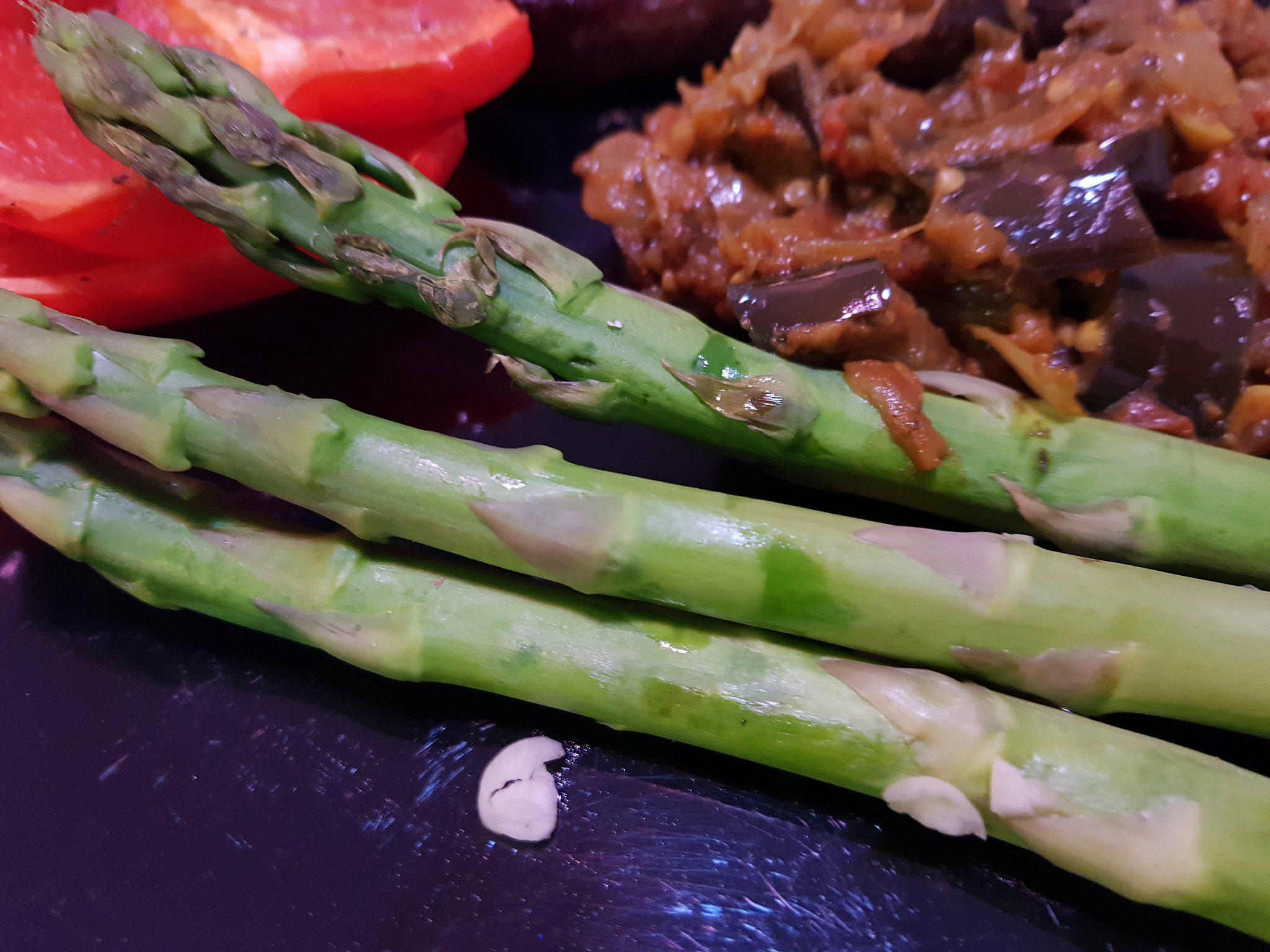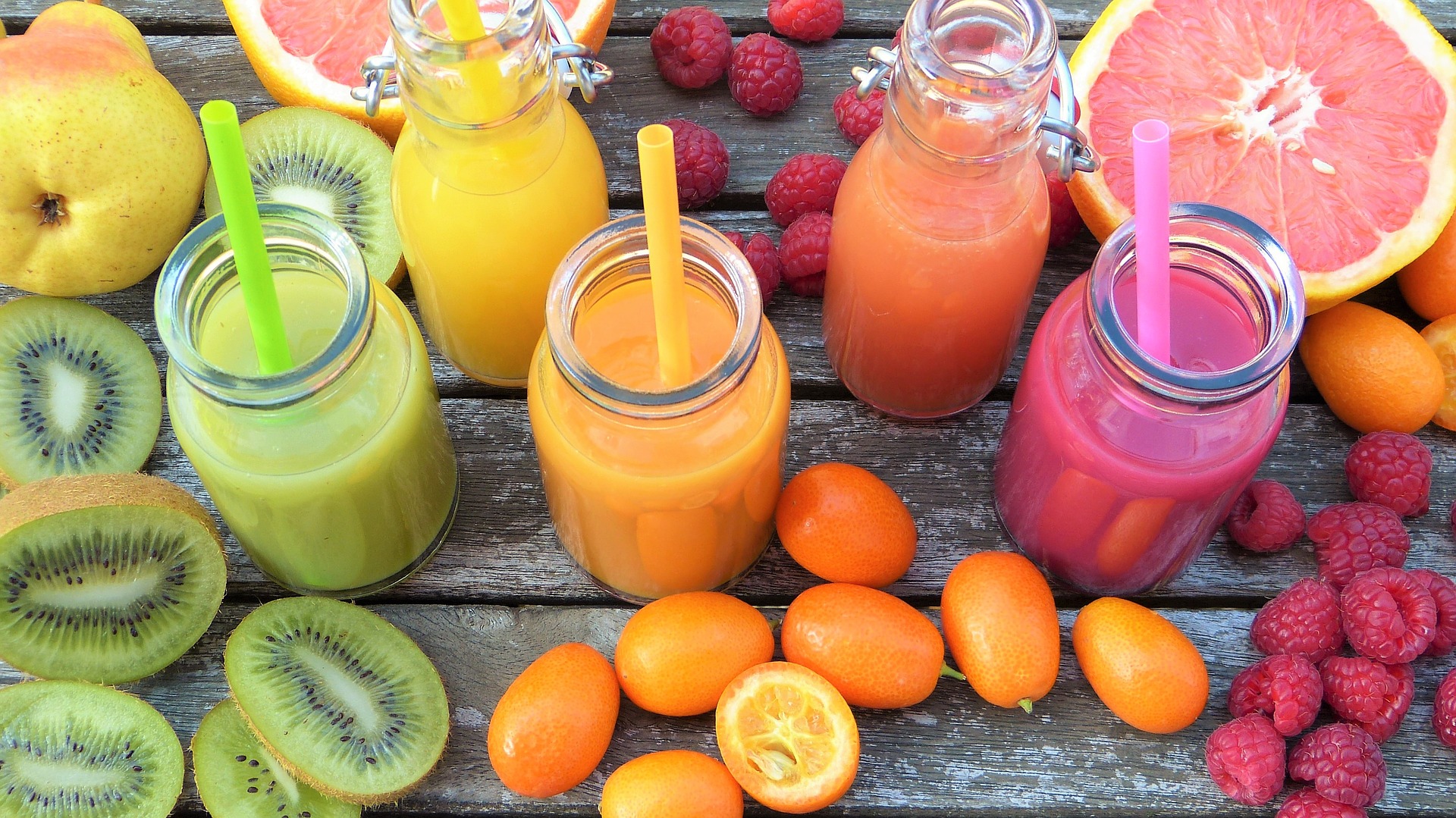Anti inflammatory foods are important to our health and wellbeing as a whole as well as for specific health complaints such as headaches, muscle and joint aches and pains and immune support to name a few.
Curries are a great source of anti inflammatory herbs and spices. Ayurvedic medicine or Indian medicines have been using the spices in curries for many years to address various health conditions.
This Anti inflammatory Eggplant Curry with provide you with a fabulous dose of anti inflammatory support.
Enjoy!
Anti inflammatory Eggplant Curry Recipe
1 large eggplant (multi-vitamin and mineral powerhouse!)
• 2 tablespoons good quality extra virgin olive oil (anti-inflammatory)
• 1 teaspoon cumin seeds (immune booster and digestion enhancer)
• 1 medium to large onion, sliced finely (immune enhancing, anti-inflammatory, allergy fighting, cholesterol lowering)
• 2 crushed garlic cloves (immune enhancing, anti-inflammatory and cholesterol lowering)
• 2 – 3 cm piece ginger (depending how much you love ginger, me, I go for THREE), peeled and finely chopped (anti-inflammatory goodness!)
• 1 tablespoon curry powder (anti-inflammatory goodness!)
• 1 large diced tomato (Lovely lycopene and vitamin C antioxidants)
• 1 finely chopped green chilli (anti-inflammatory goodness! metabolism boosting)
• 1 teaspoon Celtic or Himalayan salt (these salts contain wonderful minerals that regular table salts do not)
• 1/4 bunch finely chopped coriander (all round awesome herb for almost everything)
Preheat your oven to 190C.
Place the eggplant on a medium sized baking sheet. Use a fork to spike the eggplant all over to allow heat to penetrate through. Place in the oven to bake for 20 minutes or until it feels soft/tender. Remove from the oven, allow to cool enough to be able to peel and chop the eggplant.
Heat the olive oil in a medium saucepan over a medium heat. Add the cumin seeds and onion to the oil. Stir until the onion softens and slightly browns, roughly 5 minutes.
Add the pre-prepared tomato, garlic, ginger and curry powder to the saucepan with the onion and cook for a further 1 minute.
Stir in the chopped eggplant and green chilli, and season with salt to taste. Place a lid or appropriate cover over the mix, turn to a higher heat and cook for 10 minutes to allow the flavours to soak in.
Lift the lid or cover, turn the heat right down to low and cook for a further 5 minutes with the lid off. Garnish with the coriander.
This curry can be served as a side dish or as a dish on its own, possibly with brown basmati rice or quinoa
I served mine with fish, asparagus, roasted capsicum and fish. Random I know, but it was worth it 🙂





